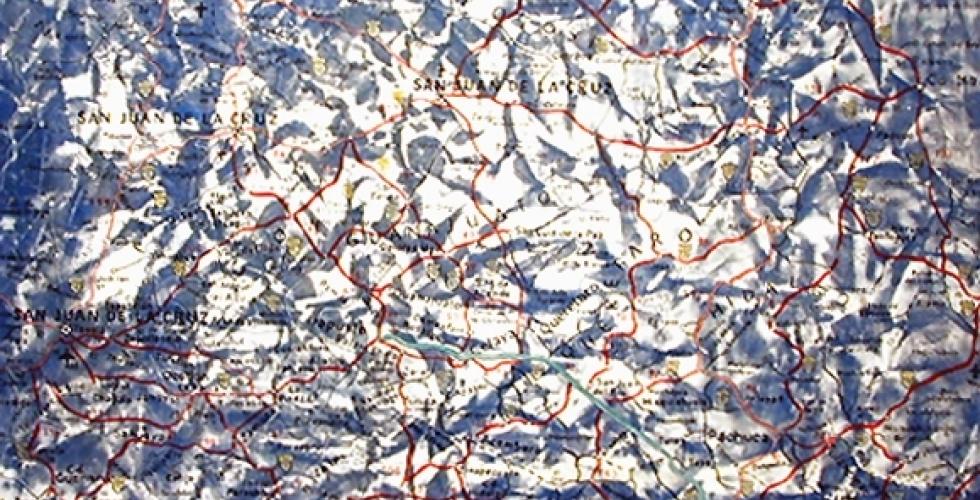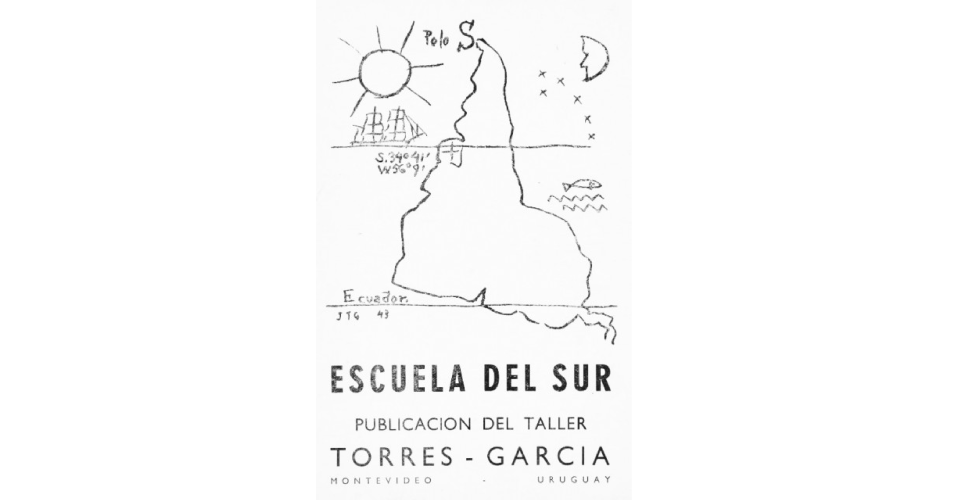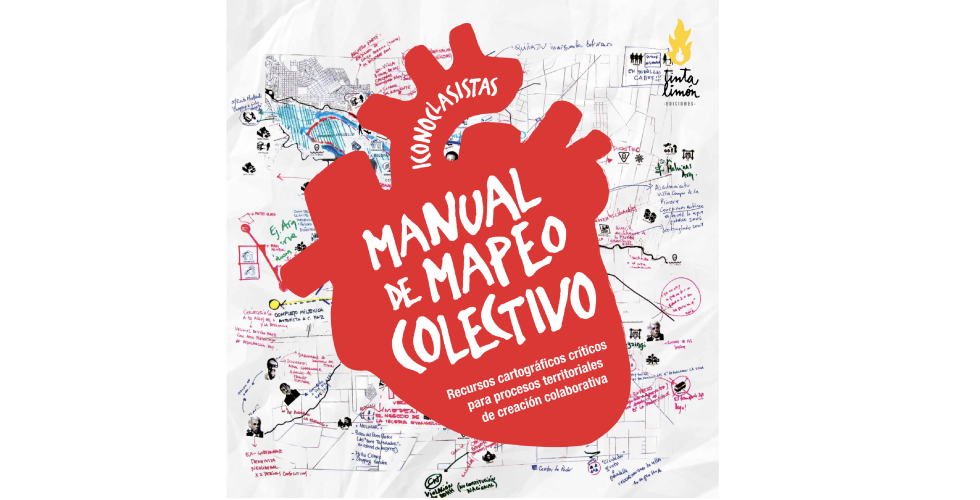Critical Cartographies
“Los cuatro puntos cardinales son tres: el norte y el sur,” the Chilean poet Vicente Huidobro wrote with sharp humor in Altazor o el viaje en paracaídas (Altazor or the Voyage in a Parachute): “The four cardinal points are three: North and South.” The North/South division is not the only marker of spatial, geopolitical, economic, or ideological inequalities; several other divides compete with it as the axis around which our global order is structured: West/the rest, center/periphery, urban/rural, public/private, land/sea, common/enclosed, developed/developing, colonial/postcolonial, without forgetting the old ideological divisions of First, Second, Third, and Fourth Worlds. In response to such spatial divides, this course will explore a range of critical attempts in art, literature, the social sciences and the theoretical humanities to map out the unequal organization of the current world order. Studying concepts of so-called “primitive” or “originary” accumulation, land appropriation, dispossession, uneven development, real abstraction, and neo-extractivism with a particular focus on Latin America, we will circle back to the question of how to imagine a cartography that might be critical of the current hegemonies without increasing the worldwide zones of invisibility and inequality that sustain them.
The course is part of a series of Andrew W. Mellon Foundation-supported seminars on topics related to spatial inequality.
T 2:10pm-4:00pm CPLS GU 4356 Call number: 17296 Points: 3 Prof. Bruno Bosteels, Professor and Chair, Dept. of Latin American and Iberian Cultures & Professor, Institute for Comparative Literature & Society Open by permission to students within GSAS, GSAPP, Barnard and Columbia Colleges.


